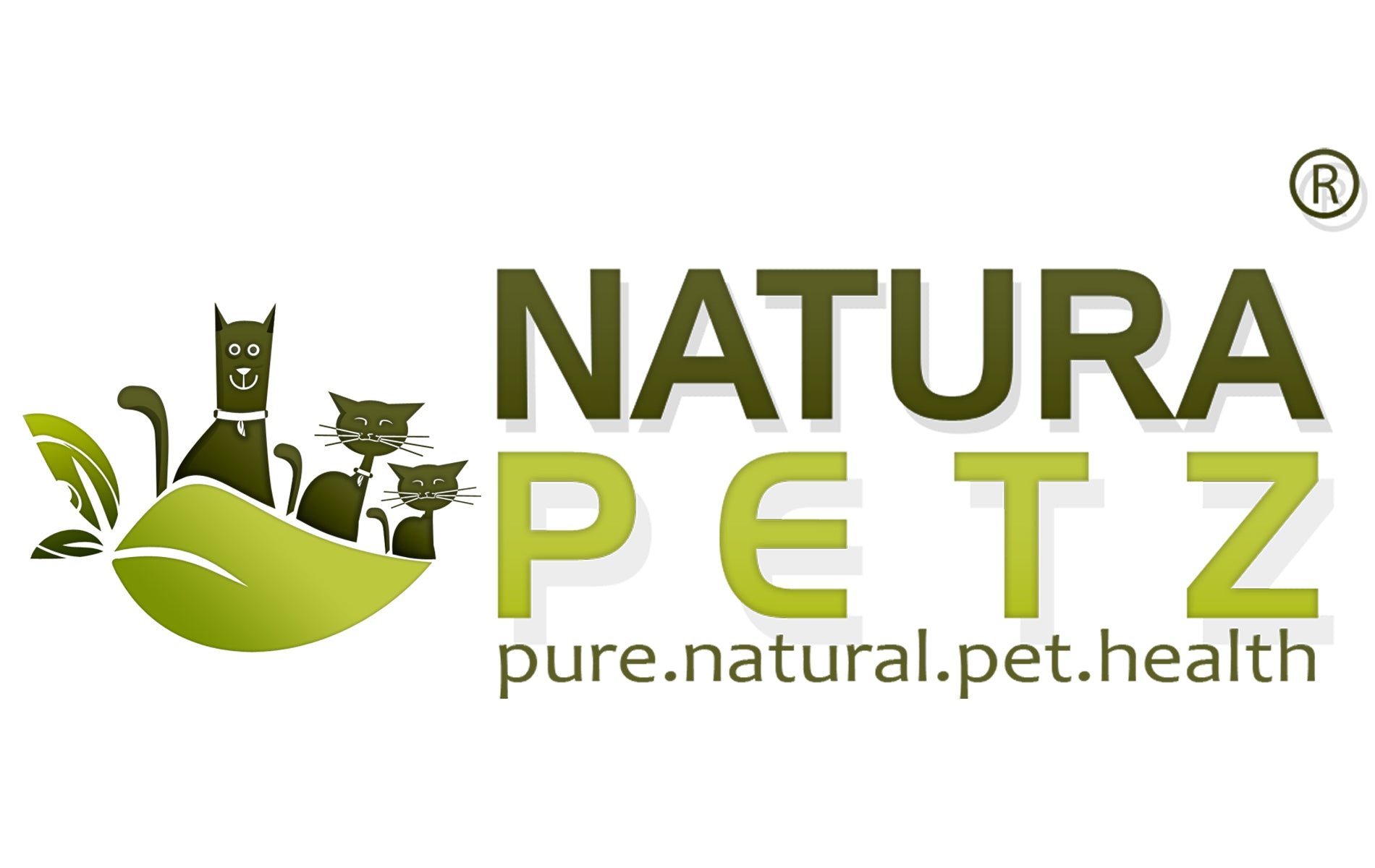What is A Holistic Vet? What Is An Integrative Vet? What Is A Traditional, Conventional Vet?

Holistic veterinarians practice medicine differently from integrative and conventional veterinarians. While many principles are shared between conventional vets, holistic vets and integrative vets, methodologies are often quite different.
Holistic veterinary medicine recognizes that a balanced immune system is a vital, healing force in an animal’s body, and when immunity is supported, disease may be prevented or delayed. Holistic veterinarians conduct a comprehensive physical examination, including an animal’s behavior, recent and past medical history, diet and dietary history, environment, emotional stress and other factors. Holistic veterinary medicine also incorporates botanical medicine, nutraceuticals, acupuncture, chiropractic, homeopathy, hydrotherapy, massage therapy and other alternative wellness therapies.
Holistic veterinarians also approach medicine as treating the animal body as a biological whole, addressing all bodily systems and consider how the body systems are interconnected. While two different pets may present similar symptoms, their respective treatments may be markedly different. A holistic veterinarian’s practice is centered on preventative medicine as well as health maintenance.
Holistic veterinary care is focused on finding and treating the root cause of disease instead of treating the symptom. For example, an animal may develop chronic colitis after being vaccinated. Instead of dispensing antibiotics or steroids to mask the symptom of bloody diarrhea, holistic veterinarians may utilize herbs and supplemental remedies, whole food diets, acupuncture, homeopathy, vitamins and mineral supplementation to restore metabolic and digestive balance.
Integrative medicine combines both conventional and holistic veterinary practices. An integrative veterinarian studies conventional veterinary medicine but also recognizes the value of holistic medicine and realizes that both compliment and support animal wellness. An integrative veterinarian is interested in both conventional and alternative treatments; and will most likely be a member of the American Holistic Veterinary Medical Association.
Traditional, conventional veterinary practice operates similarly as Western medicine is used for humans. The focus is aimed at determining what the problem is and then trying to solve it based on addressing symptoms. While a traditional veterinarian is a professional with your pet’s best interest at heart, he or she is typically confined to using synthetic steroids and antibiotic medicine, which do not always solve a chronic or undetermined condition. Many times a conventional veterinarian will prescribe medication that may silence symptoms but not resolve the underlying problem.
Conventional veterinary medicine has become increasingly advanced and a wide array of techniques and options are now available to the average pet owner. Ultrasound, x-ray, MRI, chemotherapy, blood transfusion, and physical therapy are commonly used.
(* As recommended by holistic veterinarians for use under a traditional medical system)
 Menu
Menu









